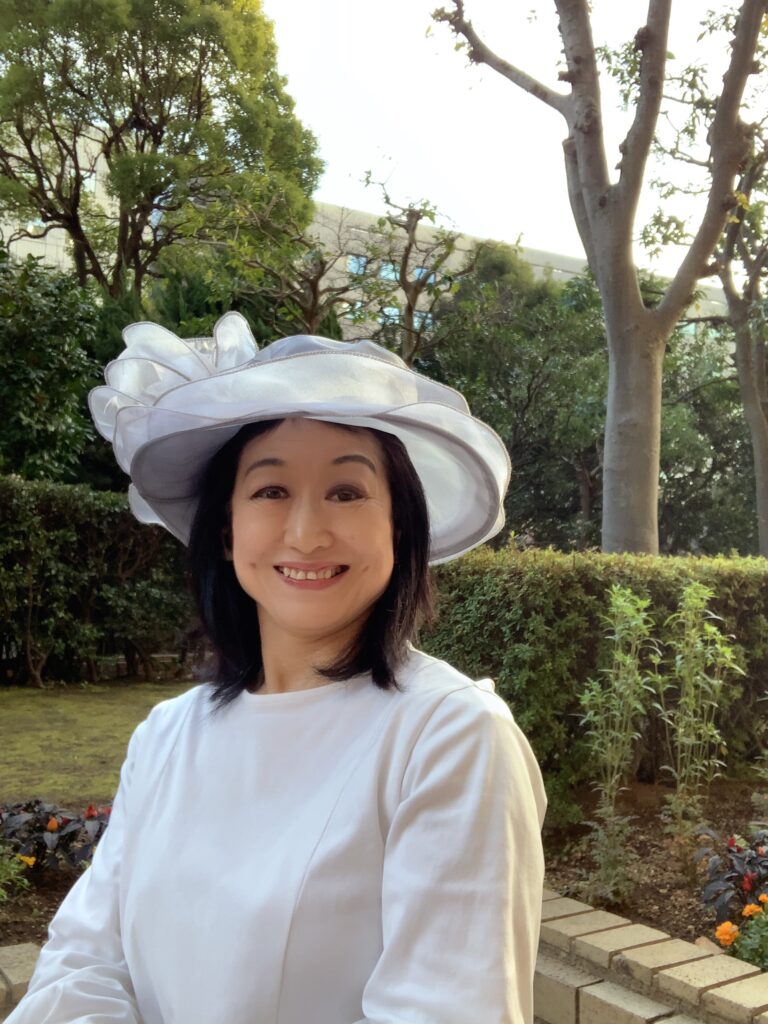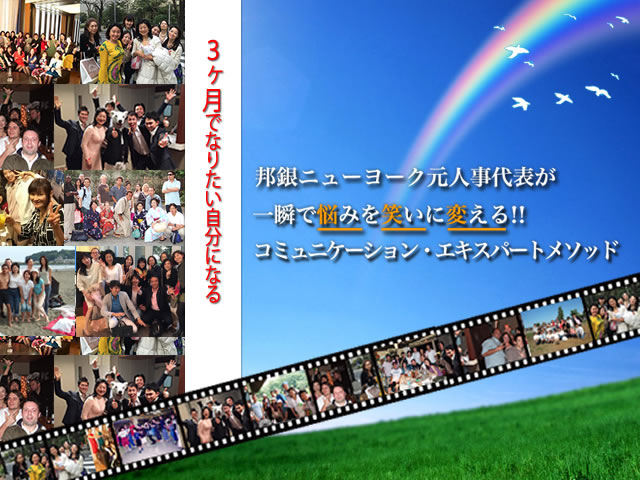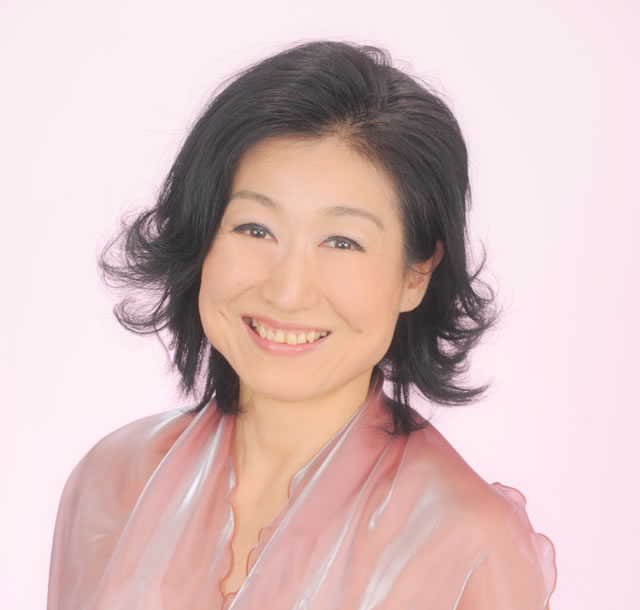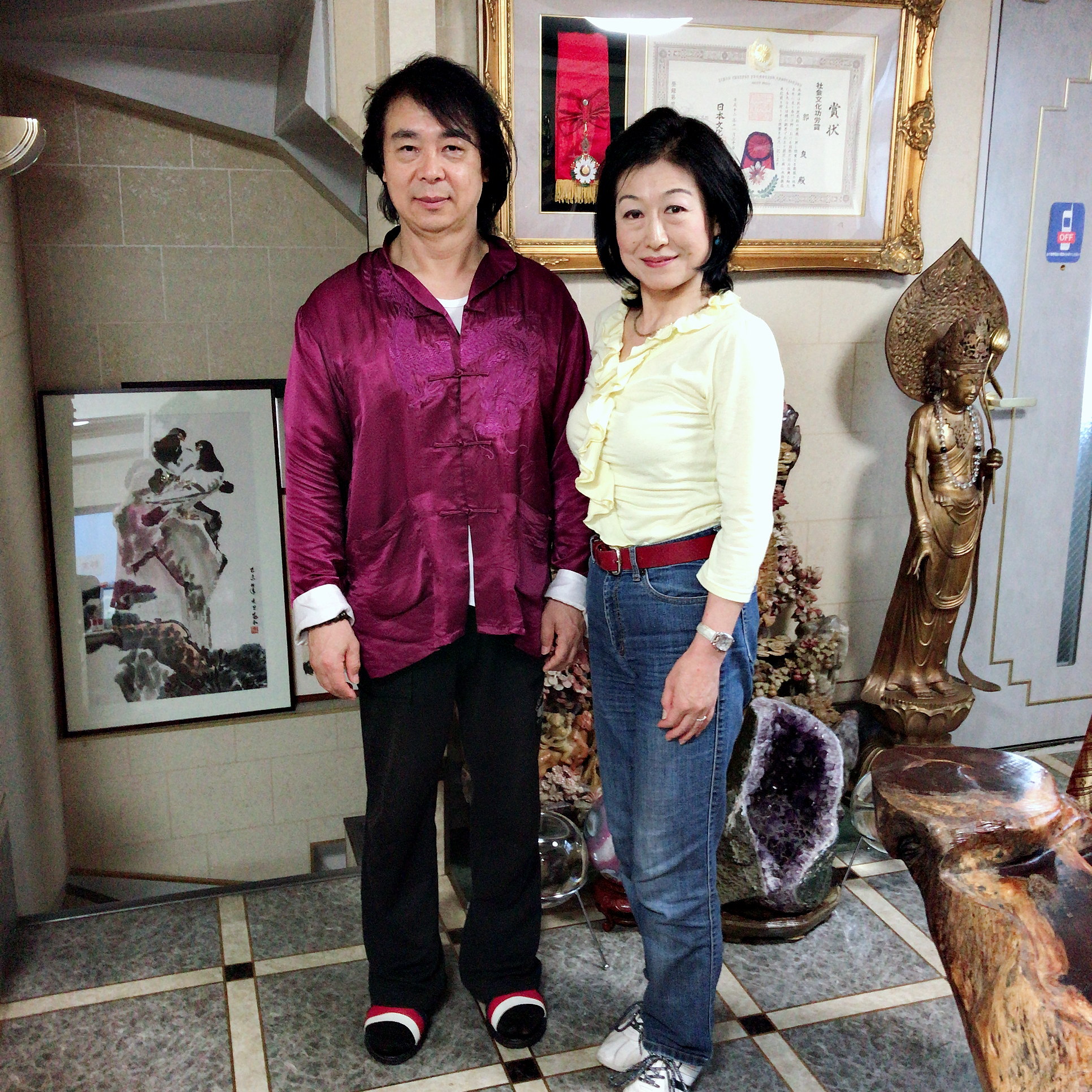私は誕生日を迎えたばかりです🎊
誕生日は年齢に関係なく、自分の存在を祝う特別な日ですね!
しかし、いつも気になるのが、日本では仕事でもプライベートでも「いくつですか?」とお会いしてすぐに年齢を聞かれることです。この質問に私は少し抵抗を感じます。
日本では、年齢を尋ねることが無意識の会話の一部となっており、答えるのも当たり前のように受け入れられています。
その背景には、年齢を基準に人を判断する文化があります。 例えば、年齢によって上下関係を明確にしたり、その人の経験値を推測したりすることが挙げられます。
しかし、この「年齢でのカテゴライズ」は、個人の多様性や本来の価値を見逃す要因にもなりかねません。
一方、アメリカをはじめとする欧米では、このような年齢に関する質問は失礼にあたります。「いくつですか?」と尋ねると、「None of your business.(あなたには関係ないでしょ!)」と不快に思われることがほとんどです。
実際、アメリカの履歴書には年齢、性別、住所すら書かれません。 これは、偏見や差別を防ぎ、個人のスキルや実績だけで評価する文化が根付いているためです。
また、日本では名刺交換がビジネスの基本ですが、欧米では名刺交換は重要視されません。名刺には名前や役職などの情報が記載されており、相手を知る手がかりになります。
しかし、欧米では名刺よりも、会話や取り組みを通じた実績が相手を知るうえでの基準となります。
日本の文化は外見や形式を重視し、それを整えたうえで中身に入るというアプローチが一般的です。一方、欧米では中身、つまりスキルや信頼を基盤とした関係構築が先に来るのです。 この違いを理解し、柔軟に対応することは、グローバルなビジネスを成功に導く鍵となるでしょう。
年齢や肩書きに頼らず、実力とコミュニケーション力を活かして、より信頼されるビジネスパーソンを目指しませんか!
ご意見、ご感想を聞かせて下さい。
https://lin.ee/Gsm9soM
【An Age-Defying Evaluation: Business Etiquette in the Global Era】
I just celebrated my birthday. 🎊
Birthdays are a special day to celebrate one’s existence, regardless of age!
However, one thing that always bothers me is that in Japan, both at work and in my personal life, people always ask me, “How old are you?” early on in the meetings. I find this question a bit uncomfortable.
In Japan, asking age has become an unconscious part of conversation, and answering is accepted as a matter of course.
Behind this is a culture that judges people based on their age. For example, age is used to define hierarchical relationships and to infer a person’s level of experience.
However, this “categorization by age” can be a factor that overlooks the diversity and intrinsic value of individuals.
On the other hand, in the U.S. and other Western countries, such age-related questions are considered rude. When asked, “How old are you?” is almost always met with the offensive response, “None of your business!”.
In fact, resumes in the U.S. do not include age, gender, or even address. This is to prevent prejudice and discrimination, and because the culture is rooted in evaluating individuals based solely on their skills and accomplishments.
Also, in Japan, exchanging business cards is the basis of business, but in Europe and the U.S., exchanging business cards is not considered important. Business cards contain information such as name and position, and provide clues to knowing the other party.
However, in Europe and the U.S., achievements through conversations and initiatives are more important than business cards as a basis for getting to know a person.
Japanese culture generally takes the approach of emphasizing appearance and formality, and then moving on to the contents. In the West, on the other hand, business relationship building based on skills and trust comes first. Understanding this difference and being flexible is the key to success in global business.
Why don’t you become a more trustworthy businessperson by leveraging your abilities and communication skills, rather than relying on your age or title!
Let me know what you think!
https://lin.ee/Gsm9soM
#cross-cultural understanding #business etiquette #global talent #international business #business card cultural differences #self-expression #business English #global perspective


















COMMENT